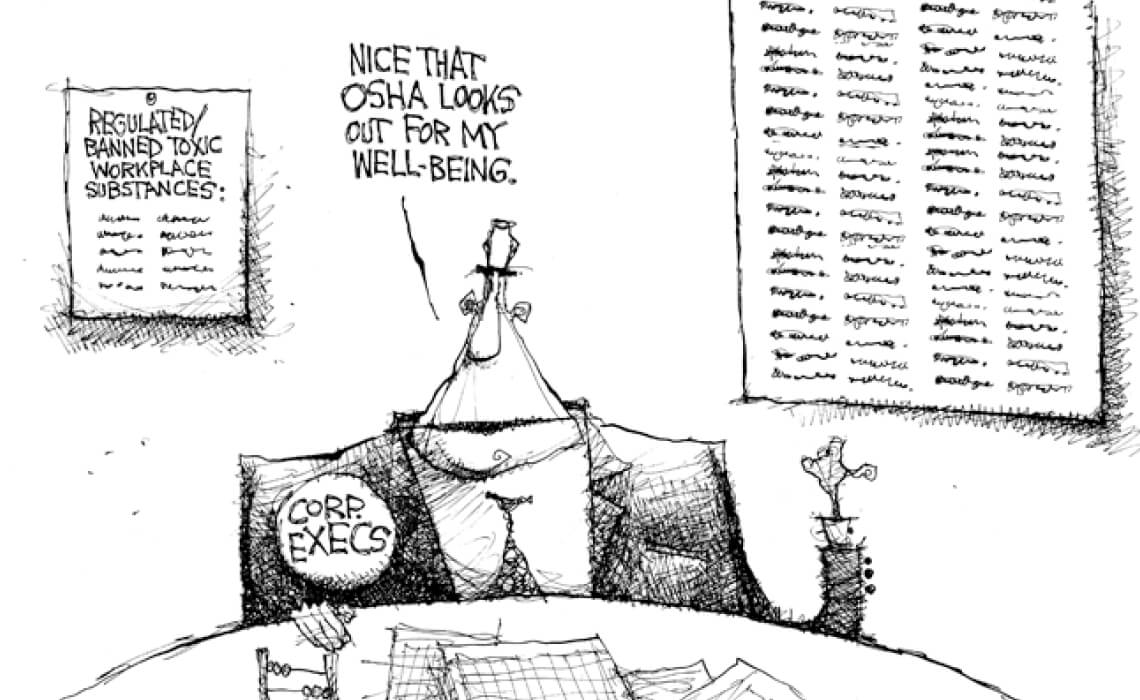Original reporting

RD to immigration advocates: are there any limits?
Offered opportunity to describe in extended interviews how U.S. immigration should ideally be regulated, no concrete limitations put forward.
Open spaces, closed files
Wouldn't facility by facility information on operating costs, staffing, and level of use help New York City's Parks Dept. and outside observers assess whether there is equity in funding between and among parks as well as the related question of whether and to what extent to rely on private as opposed to public funding? Good luck getting the data.
FDR to Congress: don’t mess with the payroll tax
Will Democratic plans to extend this year's reduction in the payroll tax rate hand the GOP a long-term weapon to use in trying to undermine the program?
ERA: historical curiosity or needed weapon against bias today?
No, the Constitution still doesn't say that equality of rights shall not be denied by the U.S. or by any state on account of sex.
Patients routinely treated disrespectfully?
Several aspects of everyday medical interactions commonly seen as mere inconveniences actually harm patients psychologically and emotionally. Long wait times, rushed appointments, and the failure of doctors to be forthcoming with important information lead patients to feel devalued, overlooked, frustrated, and "disrespected."
The hidden toll of underemployment
While increasing attention has been paid to the economic effects of underemployment, the psychological consequences have been largely ignored even though they can be profoundly negative.
Looking beneath a consulting firm's facade of objectivity
In BCG report, cost — not national allegiance or societal concerns — is the only value to consider in deciding where to locate and invest.
National parks: window on America
What do 84.4 million acres of national parks have in common with a B-2 bomber? The annual appropriation for the parks is about the same as that bomber’s life-cycle cost. The result is a National Park Service that is understaffed, under-resourced, and often unable to imagine the park system that would help fulfill America’s best vision of itself.
How hard is it for doctors to listen and to care?
Despite innovative training at some medical schools, overall it still seems to be awfully difficult.
Consider adapting Danish policy choices for U.S.? Centrists and conservatives say 'yes'
A range of experts found lessons in the Danish model, and agreed that the unwillingness of the American officials to look abroad has narrowed the discussion of policy options in the U.S.